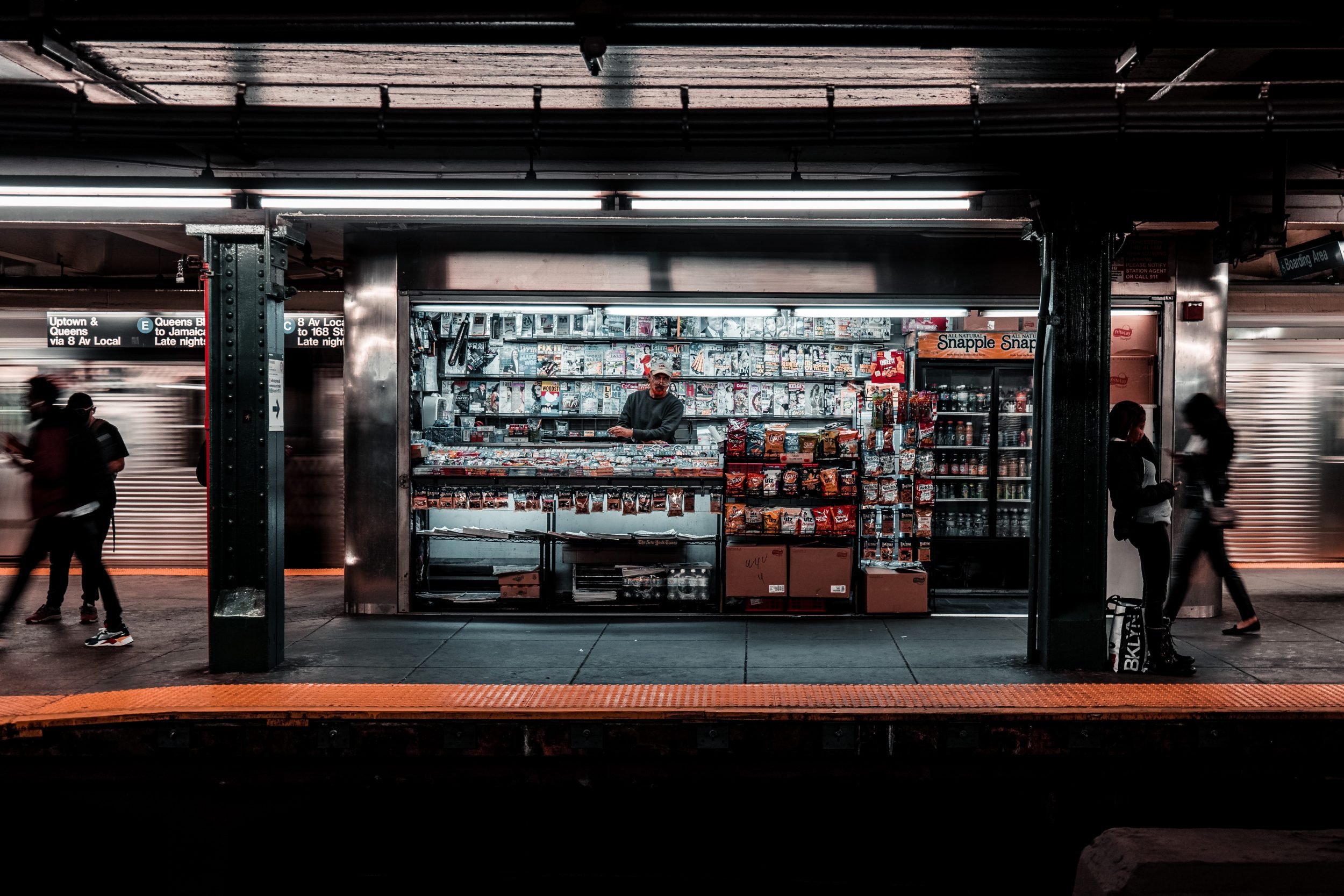On May 26, 2020, the Minneapolis Police Department issued a press release with the headline, “Man Dies After Medical Incident During Police Interaction.”
Let that sink in.
It’s no secret that in journalism, especially in high-pressure, breaking-news reporting, police reports aren’t just heavily relied upon, but can become the singular account of the facts on the ground. Reporters are short on time, and they want to share information with readers — and communities — as quickly as possible. Police, in turn, are all too ready to offer purportedly neutral descriptions of what has happened. They are available, they are willing, and they have no shortage of readable, readily manufactured reports to draw upon.
Medical Incident. Police Interaction. Given what the world soon learned, in the hours and days following the murder of George Floyd, this press release speaks volumes. As longtime journalists who have reported on justice (and the lack thereof) across the country and world, it is also an invitation. An invitation for us and our colleagues to lean into our uniquely important roles as reporters, watchdogs, and, when it comes to policing and the criminal system, as people positioned to shine a light on what justice and public safety might actually mean.
We are both founding board members of the Law & Justice Journalism Project, an organization that helps journalists pursue just that. We are aiming, as Philadelphia attorney, writer, and civil rights activist Michael Coard has put it, to “[extend] the privilege of humanity” to all entangled in the nation’s criminal justice system by helping journalists do their jobs better.
Why is this important? Media coverage of violence, policing and the criminal system has far-reaching impacts. For many years, Black and brown people were nearly always left out of positive mainstream news coverage. Indeed, it was — and sometimes still is — the case that people of color were only reported on when there was crime, tragedy, or conflict. Studies show that Black families are more likely to be portrayed as dysfunctional in news coverage, whereas white families are viewed as functional and stable. When Black and brown people are portrayed in media coverage in a negative way, it impacts behavior and how our government treats individuals in our communities.
It is now widely understood that the U.S. criminal legal system, built on foundations of slavery and Jim Crow, disproportionately impacts, harms, surveils, and controls Black and brown people. More than a quarter of all people arrested for drug violations in 2015 were black, although the use of drugs does not differ substantially among different racial and ethnic groups. Black Americans are 12 times more likely to be wrongfully convicted when compared to white people. They are more likely to be severely sentenced, too.
Journalism plays a central role in how these facts are understood and acted upon. It influences how we see one another, and how we understand what is happening in our communities. It can either provide a complex set of facts — or not. It can grapple with the historical context of America’s unique brand of racism — or not. It can address the racially disproportionate impact of the criminal legal system — or not. It can fan the flames of political fear-mongering — or not. It can push us all to ask questions — or not.
LJJP is working to help journalists better navigate these choices and support them in covering the law and its role in our communities. It emphasizes the critical role played by the news media in our democracy, and will equip reporters, editors, and producers with the skills to question, challenge and undo simplistic and misleading accounts of crime and the courts. For example, to report on arrests as arrests — not as convictions, and to rely on sources other than initial police reports, which are not undisputed recitations of the facts. Journalists are watchdogs. And when institutions, like the criminal legal system, are so entrenched with bias, there should be a heightened duty to act with care: To make sure that scrutiny is applied and differing perspectives heard. Journalists must diversify their sources, experts, and focuses. They must look at more than just the fact that a shooting happened — but home in on why it has happened, exploring trends, building relationships in communities, and developing trust and confidence. The way we make coverage more equitable is for reporters to look at what is happening in a more complete way.
Journalists must diversify their sources, experts, and focuses. They must look at more than just the fact that a shooting happened — but home in on why it has happened, exploring trends, building relationships in communities, and developing trust and confidence.
It also matters who is covering these issues. We are both veteran journalists. We know that journalists of color often avoid the “crime beat” because of the persistently negative shadow it casts over Black and brown communities. We want to change this, too. LJJP will support and encourage new and diverse journalists across the country who can go deeper, identify root causes, offer context, and hold those in power accountable with more accurate and targeted reporting. LJJP wants to flip the script. That starts with the stories we tell.
The police press release on May 26, 2020, was, sadly, not unique. But what was new is the spark that followed the tragedy: The widespread push for change, for racial justice, for an end to the misleading police narratives that inform how our communities understand and process harm and violence. Journalists, advocates, and even law enforcement saw past the usual rhetoric and, even if delayed, pushed in the days and weeks that followed for more information, more nuance, more context. Our national conversation around police and their role in our communities has changed dramatically. These are the stakes. How violence, policing, the criminal system and community safety are reported upon has a direct bearing on those very systems. We look forward to helping journalists report more deeply, more precisely, and more carefully through LJJP — on the law, on the criminal system, and towards justice.
Editor’s note: Premal Dharia, a member of the Inquest editorial board, is a member of the Law & Justice Journalism Project’s board of directors.
Image: Ben Weber/Unsplash


